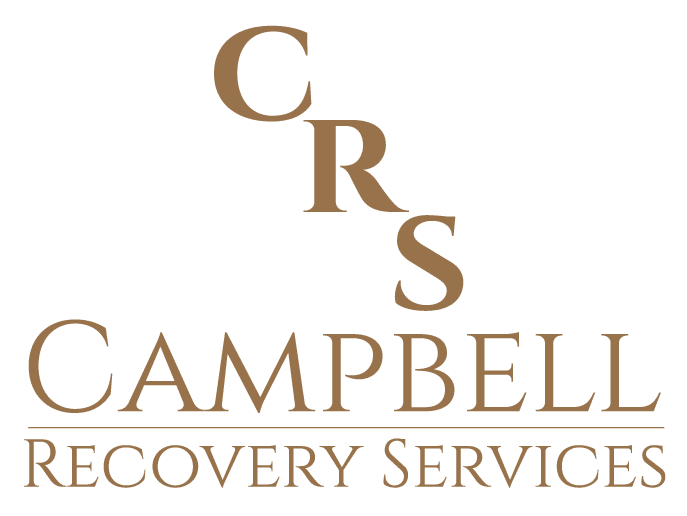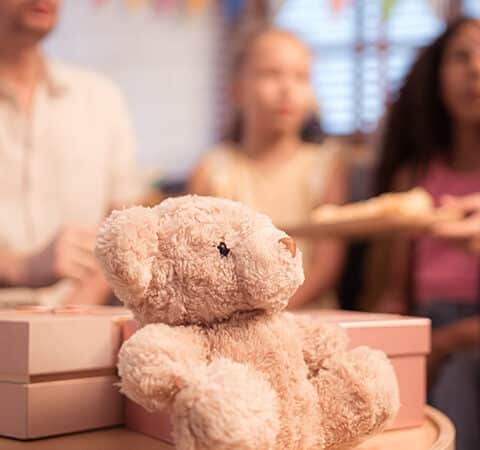Learned helplessness is when an individual is unable to resolve situations, even when a solution is readily accessible. Those struggling with this disorder often tend to complain, feel overwhelmed or stuck, and do not feel capable of making any changes on their own. This disorder is most often seen in people that have experienced trauma, particularly repeated abuse, where they developed the sense over time that nothing can be done to change the situation.
The difference between learned helplessness and struggling with difficult situations is that in the former everything is a struggle. Even easy to solve situations and easy tasks can feel overwhelming, leaving those with learned helplessness unable to move forward without help.
Signs that Someone is Struggling with Learned Helplessness
The struggles and ultimate inability to do even the smallest task can leave those affected with very low self-esteem. This can result in frustration, both in the individual and those around them that are watching them struggle. Those affected by learned helplessness get frustrated easily when faced with even the smallest challenge. This low tolerance to frustration is what generally causes them to give up when faced with any obstacle. Another symptom is putting in little to no effort at tasks, instead taking on the mindset that it won’t work anyway so why try. This leads to the common learned helplessness trait of just giving up, missing the follow-through to complete even simple tasks.
Who Is Likely to Develop Learned Helplessness
Past trauma, either in childhood or as an adult, that was recurrent can be the cause of learned helplessness. Trauma victims can learn that it is easier on their psyche to just give up rather than struggle through. This learned behavior can quickly become a pattern that affects all facets of their lives. In other cases, children that were overparented can develop this disorder. By becoming entirely reliant on their parents through these formative years, a helplessness and inability to do things for themselves can develop. It is important for children to learn problem-solving skills. When this is absent throughout childhood, it can lead to problems as an adult.
Consequence of Learned Helplessness and How it Can Impact Your Life
An inability to make decisions or resolve problems can lead to plenty of consequences later in life. These struggles can make you more prone to mental health disorders, from anxiety and depression to post-traumatic stress disorder. It can be difficult to make changes in your life. This can be anything from changing careers to staying in relationships that are unhealthy. This can affect every aspect of your life, as the inability to follow through and change things in your life that are not working can leave you stuck and paralyzed.
While learned helplessness is not a recognized mental health condition, it is a disorder that should be addressed through therapy and counseling. Learned helplessness has been linked to a higher prevalence of depression and anxiety. Since this often stems from past trauma, a trained therapist can help to work through some of these issues allowing those struggling to live a happier and more fulfilled life.





